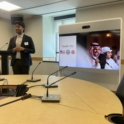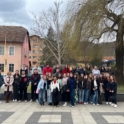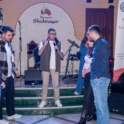Abdulaziz reflects on the highlights from serving as a mentor for CEW.
STORIES
YES Alumni Grant: Biodiversity Research Camp
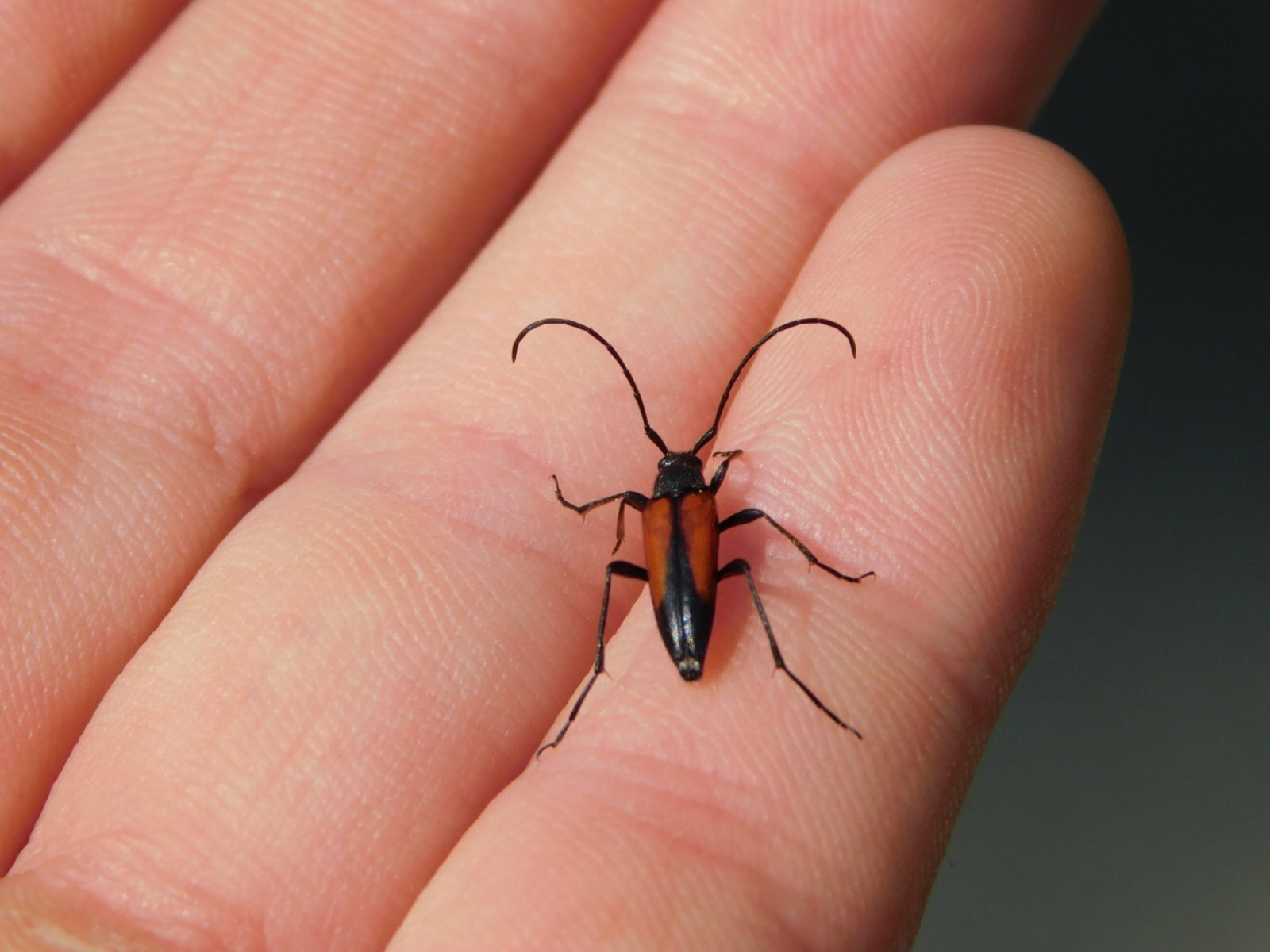
By Edi Frcovski (YES 2015-2016, North Macedonia, placed by AFS-USA in Camas, WA)
More than six years ago, I completed my YES year in wonderful Washington State. Being a YES student was pivotal for me to fully come out of my shell. Now I am an alumnus, a budding scientist in the fields of biology and ecology, and an activist fighting all forms of oppression.
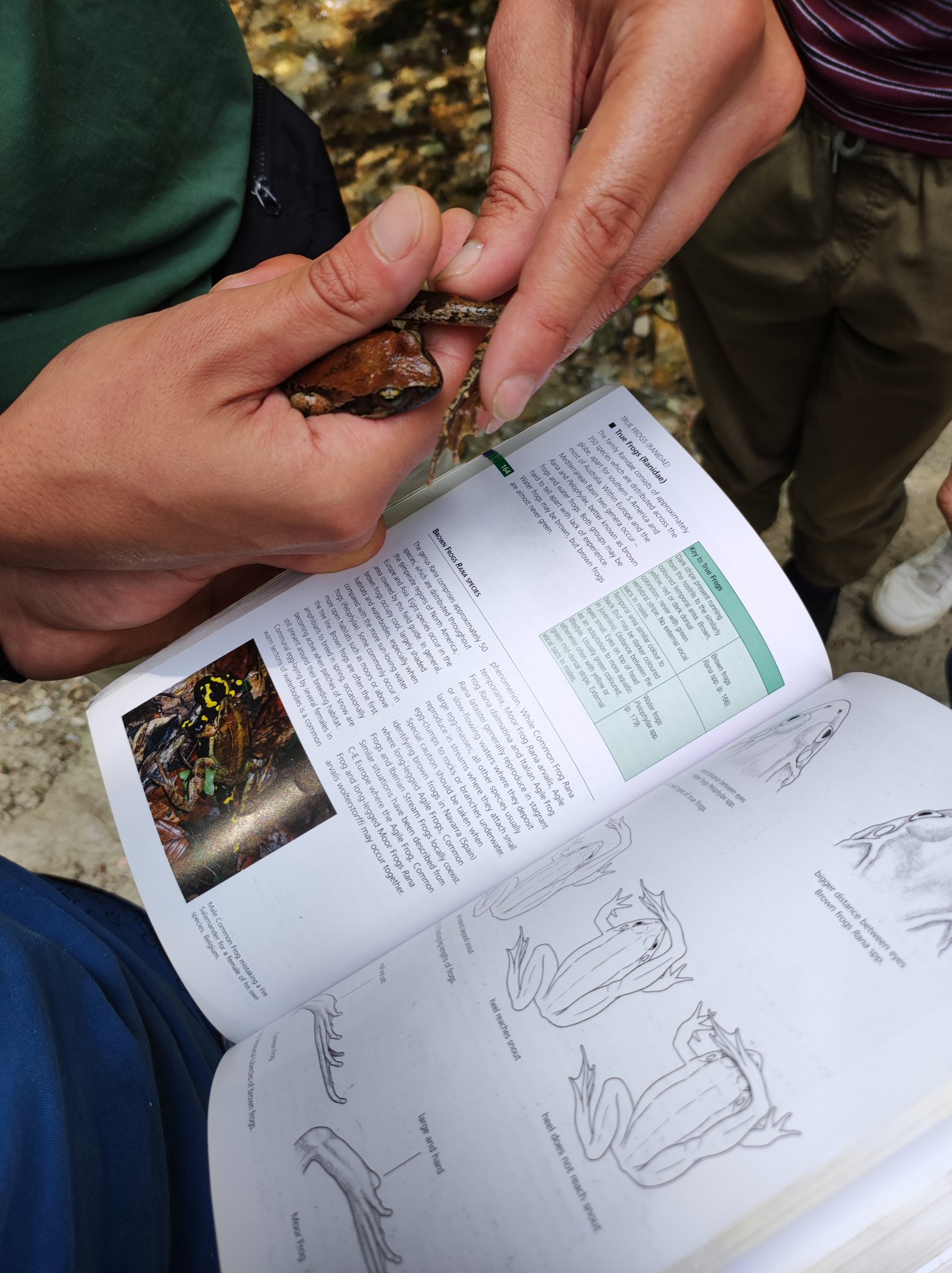
I am currently the president of the Biology Students’ Research Society (BSRS), a youth organization established in 1994 with the three main goals of research, education, and publication. Following a significant decrease in activity due to the global pandemic, BSRS needed to make a big comeback in 2022. It was time for a research camp, like in the good old days, and as soon as North Macedonia’s Alumni Coordinator informed me of the YES Alumni Grant opportunity, I knew it was just what my team and I needed, so I applied.
North Macedonia is home to incredible natural areas that foster beautiful biodiversity. However, the academic environment for young researchers can often feel stagnant, and that is where organizations like BSRS make a world of a difference, filling in the gaps left by our formal education system. Biology students like me are the primary target group, but BSRS has always been open to youth who appreciate nature and biodiversity allowing them to learn about and participate in important research and conservation efforts outside of academia. This helps encourage citizen science and public awareness about nature and ecological issues.
We hosted the Biodiversity Research Camp on Kozhuf Mountain from July 7 to 22, where we spent 15 nights camping outside the Smrdliva Voda mountain lodge. The goals of the project were to contribute data on the mountain’s flora, fauna, and fungi to the scientific community, strengthen and promote the concept of citizen science, and foster a new generation of ecological ambassadors.
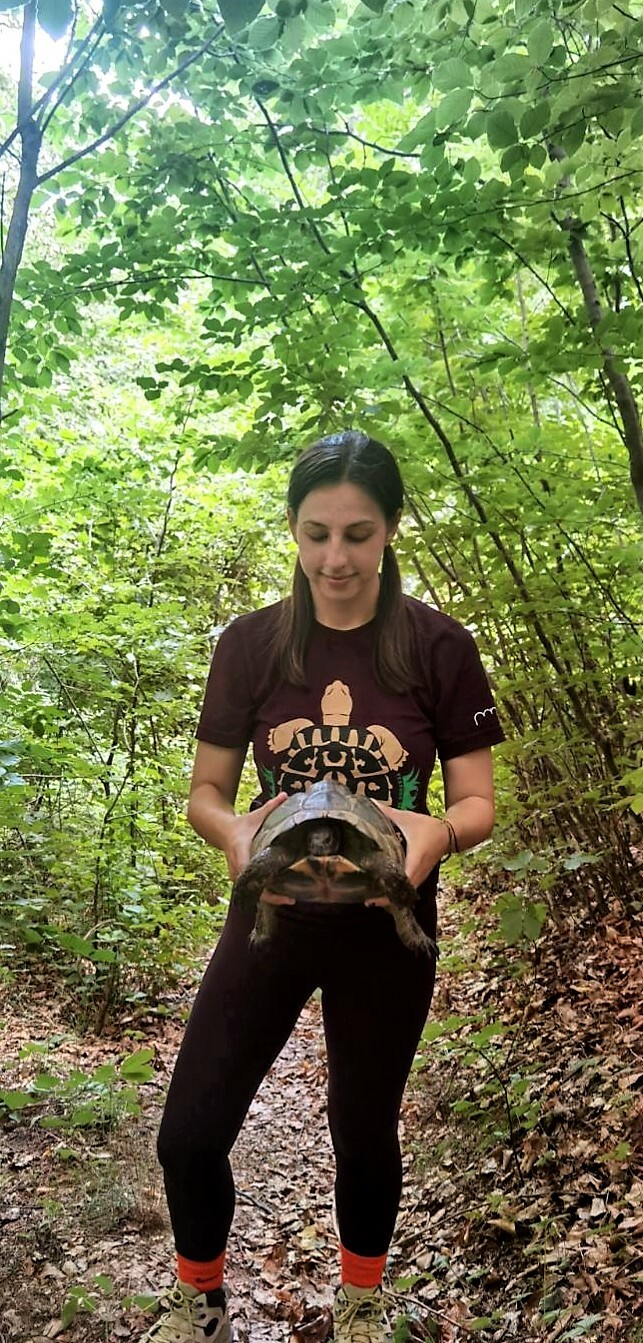
During the camp, our project team and 40 students and mentors, ages 19 to 28, conducted 36 field visits to 27 locations to collect data, samples, and photos. The group included students of ecology, molecular biology, biochemistry, and geography and others who were simply enthusiastic nature lovers and photographers. After each day of field research, we brought out findings back to the temporary lab we set up inside the mountain lodge. The participants gained critical skills needed for research and conservation and learned from more experienced scientists at the MSc and PhD levels.
After the camp, participants then conducted extensive lab work in August and September, and the findings were compiled into an abstract to be presented at the 6th Congress of Ecologists in Ohrid in October.
To quote my mentor, an expert in herpetology at the Macedonian Ecological Society and former president of BSRS, Dragan Arsovski PhD, “The educational field camps of BSRS are logistically and physically intense, inconvenient in many ways, and so unique. This is exactly why they create ideal circumstances to identify students that thrive in challenging situations and find pleasure in the inconveniences of field work. These field camps have made BSRS indispensable in identifying future leaders in ecology in North Macedonia.”
My team and I are very satisfied with the results of this project, despite some of the inevitable inconveniences of spending two weeks on a mountain. We are happily creating educational field guides to stimulate ecological education and promote conservation of the native flora, fauna, and fungi that inhabit Kozhuf. The field guides will be accessible to people of all academic backgrounds to get to know more about the fantastic wildlife of the mountain.
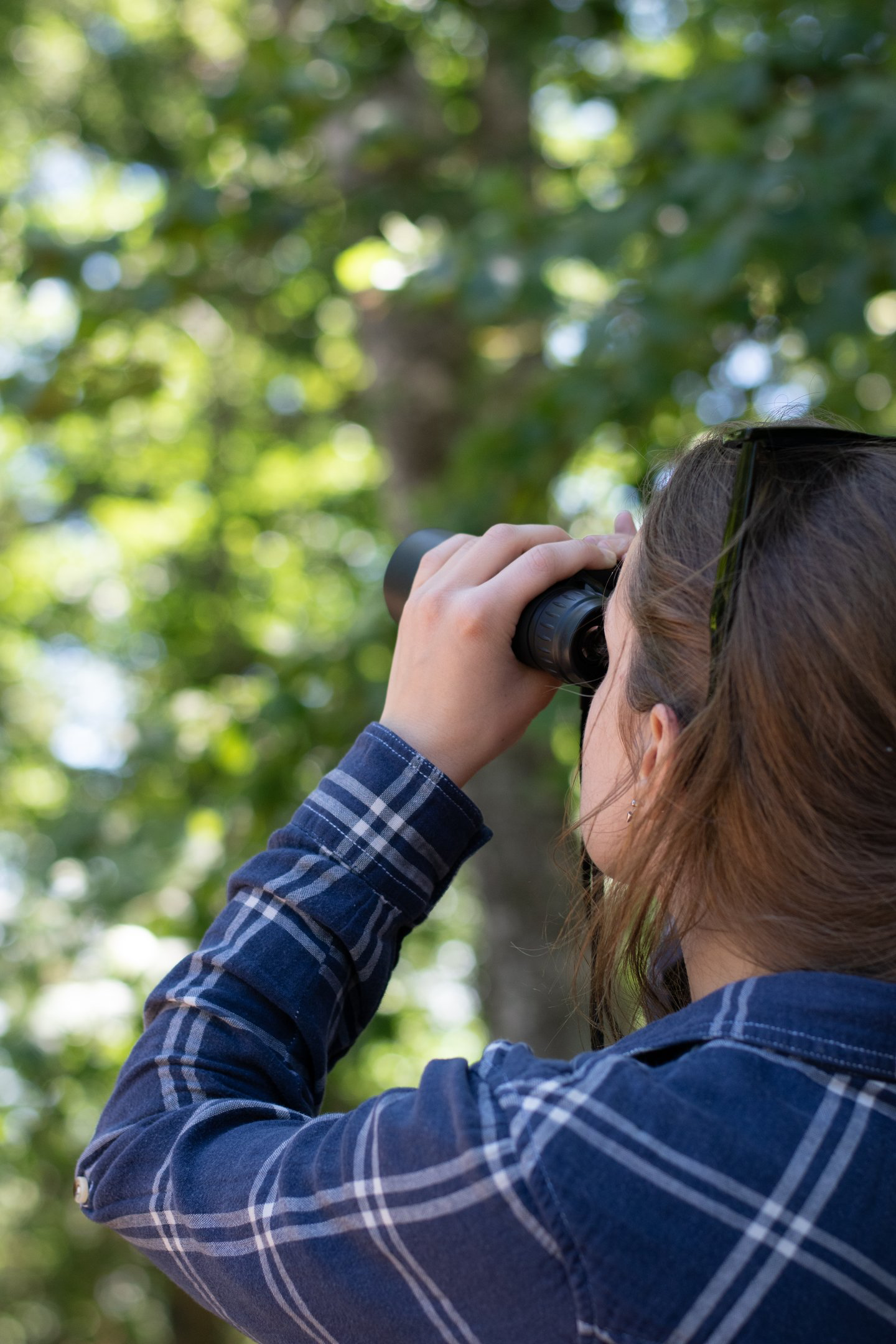
In the coming years, I am confident that BSRS will continue to be a driving force in the development of young scientists, strengthen the capacity for ecological research and conservation, and stimulate lifelong friendships and camaraderie. Environmental conservation often feels like an uphill battle, but we should never forget how powerful human beings can be when they put their minds together for a good cause.
I would like to thank the YES program for the amazing opportunities, including the YES Alumni Grants program, funded by the U.S. Department of State Bureau of Educational and Cultural Affairs. I also appreciate American Councils for their support. Of course, this project would not have been possible without my amazing team: Ana Varelova, Aleksandar Minev, Lina Gegoska, Slobodan Kutanoski, and Marija Trencheva as well as the experts from the Macedonian Ecological Society and the Institute of Biology in Skopje, who provided invaluable mentorship and support.


